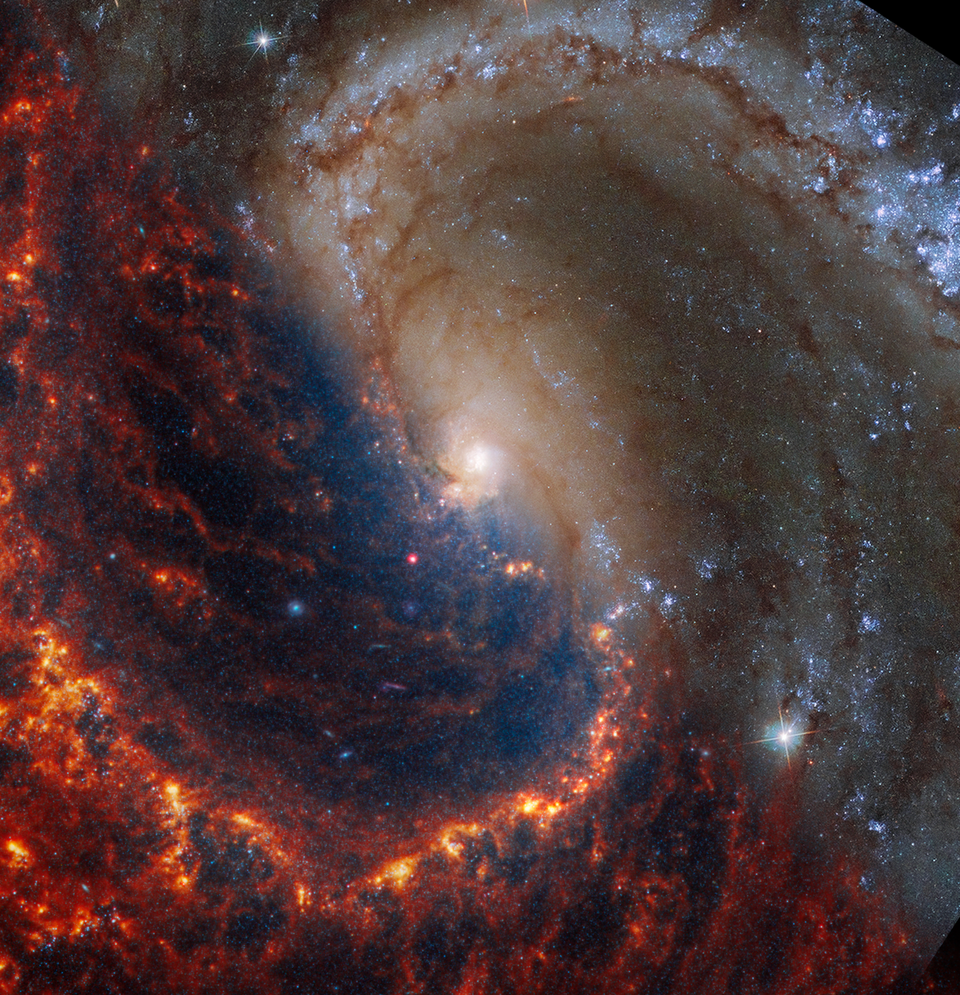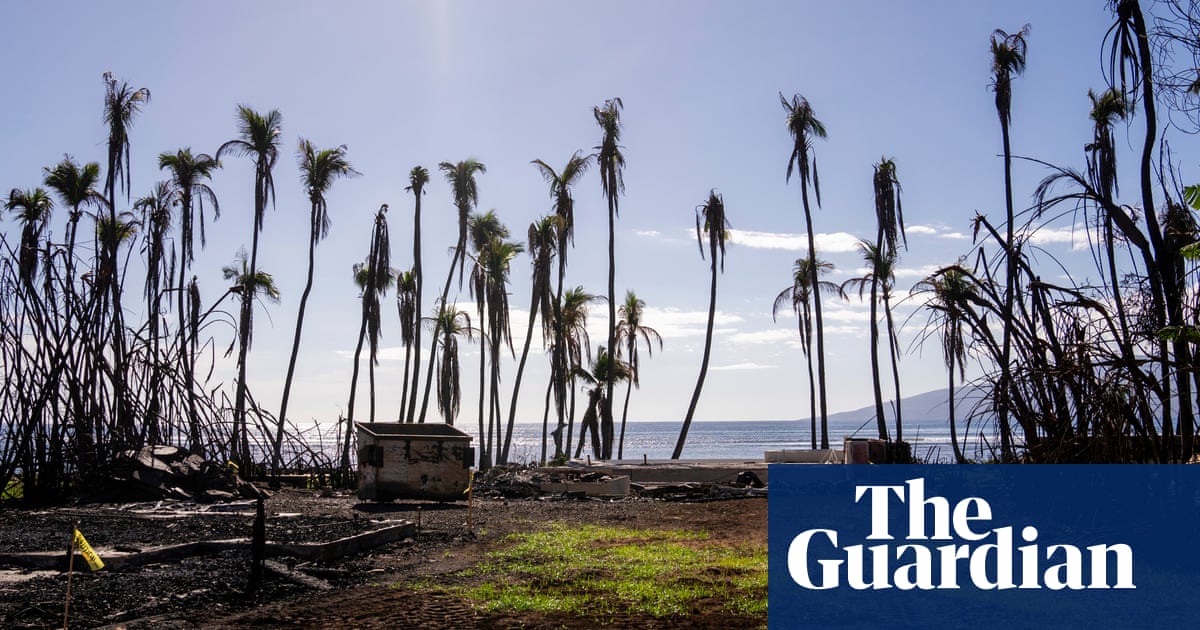In Denial

LISTENING: to my mom watch her show
FEELING: excited about my valentine's dinner
SEEING: the clock tick
Y'all, I'm so sorry this is coming to you late. I started writing this Wednesday, but it was a packed day with family responsibilities and, then, Valentine's Day dinner — which ended up taking way too long because our go-to sushi spot was slammed.
Anyway! I'm here now in your inboxes to talk about a new study that published Wednesday in the journal Scientific Reports. The researchers found that nearly 15 percent of Americans don't believe in climate change. The authors relied on tweets from 2017 to 2019 to reach this conclusion — using AI to make their way through various posts on Twitter (now known as X, ew) to assess tweets that were for or against climate change.
Now, the authors made sure to adjust their findings based on the demographic reality of who is even on social media platforms like Twitter, but their findings aren't that far off from other research on the issue. They found that these feelings are more pronounced in certain parts of the U.S. — states like Oklahoma, Mississippi, and North Dakota saw more than 20 percent of their population as deniers, per the study.

As expected, Republicans tended to skew more toward denialism. In fact, the authors characterize the average denier as "Republican, with no college degree and without COVID-19 vaccination living in a region with a high average annual temperature."
What possibilities lie ahead if we're able to engage this populace? More importantly, perhaps, what would be possible if the environmental movement worked to include the people who don't need convincing?
Welcome to Possibilities, a creative climate newsletter on the possibilities that lie where crisis meets community. I’m Yessenia Funes, and I'm here to celebrate the Black and Brown communities who get it.
I was bummed the research didn't look at race. Past findings have illustrated how Black and Brown folks tend to be most engaged on issues surrounding climate change. Black and Latine Americans are more likely to be alarmed or concerned about climate change, rather than doubtful or dismissive. That's according to 2020 research from the Yale Program on Climate Change Communication.
The program writes:
Research suggests that people of color may be more concerned than Whites about climate change because they are often more exposed and vulnerable to environmental hazards and extreme weather events. One particularly important example is that people of color are more likely than Whites to be exposed to air pollution. Inequitable exposure to environmental problems such as this may also explain, at least in part, why Hispanics/Latinos and African Americans report greater intentions to engage in climate activism.
Why don't we talk about this more? Why don't pro-climate politicians engage more with Latine and Black voters? Why don't researchers try to understand this group of people more? Why doesn't philanthropy and funding reach these communities?
I've got a lot of questions and little answers — but remember this as you see numbers around climate denialism. So many of us already believe. We care. We're ready for change. We just need to be seen. 🌀
Rest in Power
The Israeli genocide of Palestinians continues. In Rafah, where over a million innocent civilians have been sheltering, Israeli attacks have killed over 100 people. Ceasefire now.


